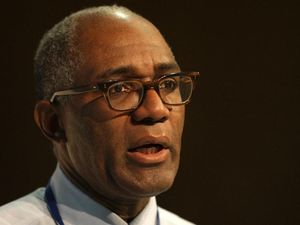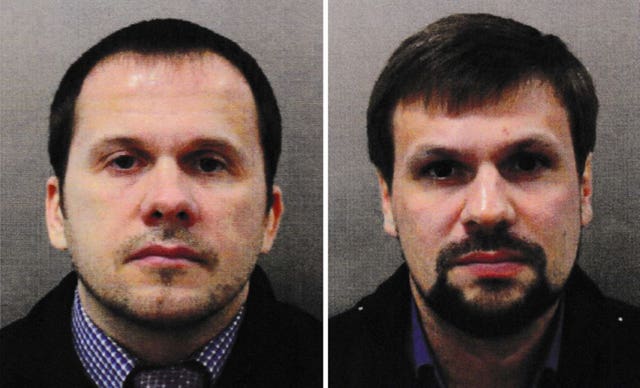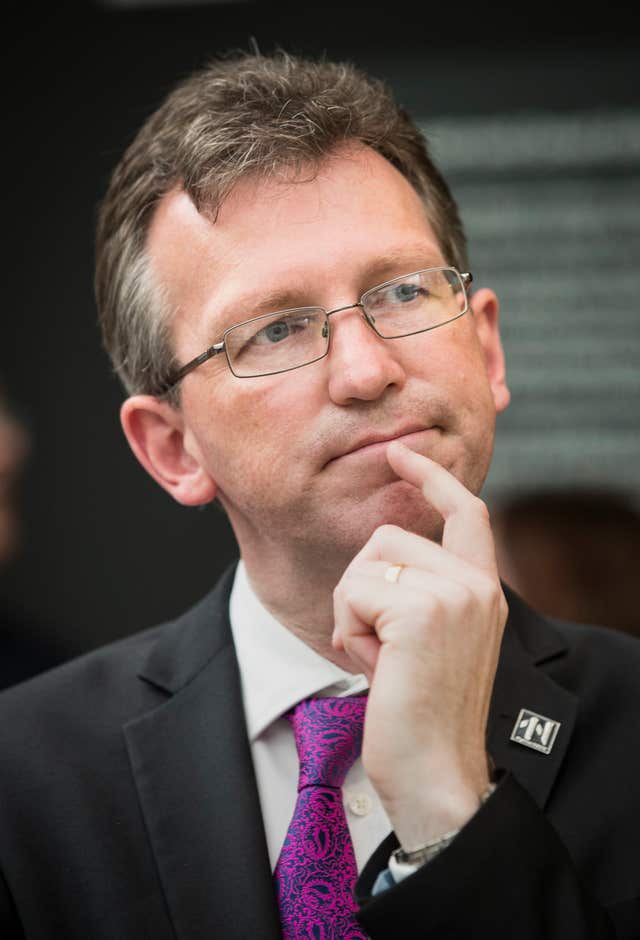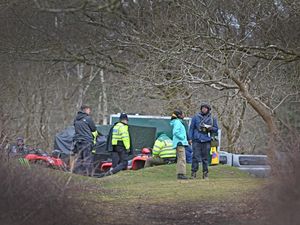Trevor Phillips: I was complicit in harassment of young women
The broadcaster says nothing has changed in the television industry.

Former politician and broadcaster Trevor Phillips has said he was “complicit” in workplace harassment of young women.
The former chairman of the Equality and Human Rights Commission, who has worked for the BBC, ITV, and Channel 4, said that such behaviour was commonplace in the world of television.
Phillips admitted that he was guilty of doing little to prevent the targeting of young women by those who might “pay our mortgages”.
Speaking on a panel discussing diversity at the Royal Television Society conference in London, he said that he believes little has changed.
Phillips said: “After the (Harvey) Weinstein thing, this has been an issue for everyone in the entertainment industry.
“When I was active in television, we would get a new young person, usually a young woman, in the office and say the usual: ‘There’s the coffee machine, there’s the photocopier, there’s your desk’,’ all that sort of stuff.
“But then we’d say: ‘Hold on, everybody here is very nice, but try not to get into a lift with Pete. He’s a brilliant guy, he pays all our mortgages, but I think he’s a little bit weird.’
“That was us dealing with harassment. The truth is, we were complicit.
“We’d like to say it has changed. But it hasn’t.”
Phillips asked the panel including head of inclusion at Barclays, Mark McLane, what could be done to change the situation.
McLane said: “You have to speak up and say it’s not right. Your allowing things to happen is acceptance. That sends the message that it is OK.”
The panel also discussed where to spend money to improve diversity in the media.
Phillips, who chairs the equality assessment initiative the National Equality Standard, said that TV risks becoming a stale and limited medium without greater diversity.
He said: “There is a danger that British television could end up like the British aristocracy. A limited pool of rather inbred talent.”
Culture Secretary Jeremy Wright is due to speak at the conference later today, when he will call for strong public broadcasting after “blatant disinformation” in the wake of the Salisbury incident.
He is due to criticise “Kremlin-backed” sources for spreading false narratives about the poisoning on March 4 this year and is expected to specifically target RT, formerly Russia Today, for its programming.
Mr Wright is set to highlight the state-funded station as a “major concern”, and call on the UK’s own public broadcasters to fight back against disinformation.
RT recently conducted an interview with two suspects in the Salisbury incident, Alexander Petrov and Ruslan Boshirov, who both said they had simply been tourists in the Wiltshire town.

Mr Wright will say: “Following the Salisbury incident, Russia has begun a blatant disinformation campaign with misleading procedural questions and over 40 different official narratives, all false.
“Many of these were carried and promoted on Kremlin-backed media.
“Russia Today, funded by the Russian state, is a major concern.
“Ofcom currently has 10 investigations into the impartiality of RT’s news and current affairs programmes.

“I welcome these investigations and I await their conclusions with great interest.”
In response to the alleged disinformation, the minister will call on public broadcasters to be a pillar of democracy in the UK.
He will also make calls for greater diversity in the media, and more efforts to reach younger and less represented members of society.
Also speaking at the RTS conference in King’s Cross, London, will be director general of the BBC Lord Tony Hall and ITV boss Carolyn McCall.
RT has been contacted for comment on the issue of impartiality.





